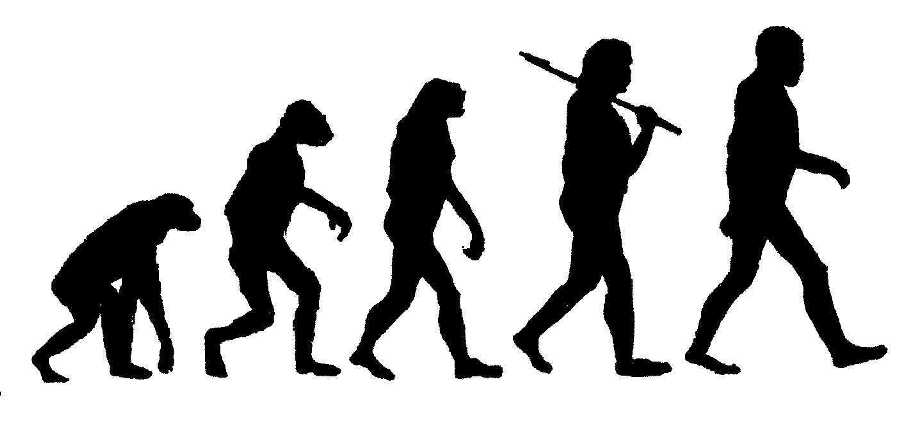
Some friends tell me that with Darwin’s theory of evolution, we no longer need to believe in God as a creator, since natural selection explains how the different species came to be. I have trouble with this but am not sure how to answer them. Can you help me?
Perhaps we should first explain what we mean by natural selection.
According to Darwin’s On the Origin of Species, written in 1859, there is a natural process in living things by which individuals of a given species which are not adapted to the environment die out while others which are more adapted survive and reproduce.
As a result, over time species gradually evolve and can even become transformed into other species.
This discovery, or theory, has indeed led many people to think that God did not need to create the individual species, as related in the book of Genesis, but rather that they came about through the process of natural selection, or evolution.
We can then ask: Are God and evolution mutually incompatible? That is, does evolution exclude the need for God? The prominent biologist and atheist Richard Dawkins thinks it does.
Referring to God as the “watchmaker” of the universe, he writes: “The only watchmaker in nature is the blind forces of physics… Natural selection, the blind, unconscious, automatic process which Darwin discovered, and which we now know is the explanation for the existence and apparently purposeful form of all life, has no purpose in mind… If it can be said to play the role of watchmaker in nature, it is that of the blind watchmaker” (The Blind Watchmaker, Longmans, London, 1986, p. 14).
But there are problems with this. First, natural selection presupposes the existence of the universe and of life in the first place.
Natural selection might explain the evolution of different forms of life but it cannot be “the explanation for the existence … of all life” as Dawkins says.
Second, while the process of natural selection may in itself be blind and purposeless, it follows the laws of nature written into living things by God, their creator.
Darwin himself admitted this. In the second-last paragraph of On the Origin of Species he writes: “Authors of the highest eminence seem to be fully satisfied with the view that each species has been independently created.
To my mind it accords better with what we know of the laws impressed on matter by the Creator, that the production and extinction of the past and present inhabitants of the world should have been due to secondary causes, like those determining the birth and death of the individual.”
Thus Darwin himself believed that his theory of evolution did not do away with the need for God, but rather presupposed that God had written into nature the laws by which evolution took place.
At this point it is helpful to clarify what we mean by evolution or natural selection. If we mean that over time there will emerge variations in the individuals of a given species and that some of these variants will be better adapted for survival and will therefore tend to predominate in the population – what could be called microevolution – then there is no argument. This phenomenon was observed by Darwin and it is an established scientific fact.
If, however, we mean that one form of life will, over time, gradually evolve into higher and very different forms of life, into different species – what could be called macroevolution – then we are no longer in the realm of scientifically proven fact but rather in that of theory.
Even a non-believer like Sir Frederick Hoyle comments: “Well, as common sense would suggest, the Darwinian theory is correct in the small, but not in the large.
Rabbits come from other slightly different rabbits, not from either [primeval] soup or potatoes. Where they come from in the first place is a problem yet to be solved, like much else of a cosmic scale” (The Mathematics of Evolution, Weston Publications, Cardiff, 1987, p. 9).
Even if scientists should one day be able to show conclusively that evolution does take place from one form of life to another radically different one, and that humans in their body evolved from apes, this will still not do away with the need for God.
I say “in their body” because in any case God implanted the spiritual soul in our first parents, as he did in every one of us when we were conceived (cf. J. Flader Question Time 1, Connor Court 2012, q. 6). In short, God and evolution are compatible. Even more, evolution requires God.